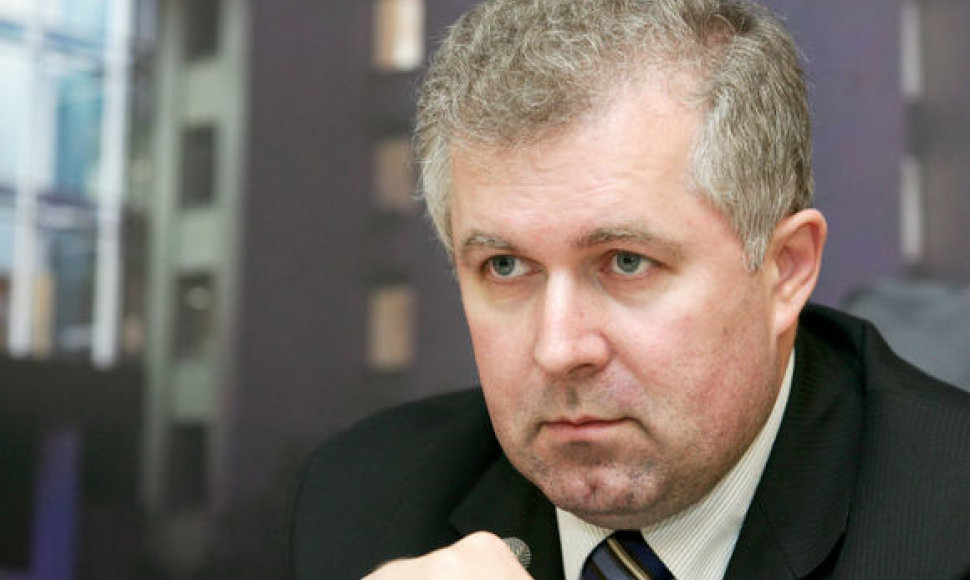The meeting kicked off on Sunday to discuss, among other issues, the insufficient funding. The body intends to ask for more money for the commission's operations, a member of the commission, MP Arvydas Anušauskas, told BNS.
"Meanwhile, there are general technical issues, as the commission has not met since 2005. We're also discussing financial matters, as the existing financing makes it impossible for it to meet," said Anušauskas, a historian.
He could not specify the sum of money that would suffice. In the MP's words, more money is needed for inviting foreign scientists.
"The existing financing is about 300,000 litas (EUR 87,000) but, as we invite the most prominent scientists from around the world to our meetings, their trips cost money," Anušauskas explained.
In his words, the commission's next meeting will probably be held in 2014.
The international commission was announced by decree of President Dalia Grybauskaitė last fall, it includes several dozen historians from Lithuania and abroad who will investigate and seek a joint assessment of the crimes committed in Lithuania during the years of occupation.
The international panel was first set up by the then president Valdas Adamkus in 1998. However, the commission has not met since Lithuania's prosecutors in 2007 brought suspicions against commission member Yitzhak Arad of complicity in the massacres of Lithuanians during World War II.
Arad, a member of the war-time Soviet guerrilla force, categorically denied his complicity, and the investigation was closed in 2008 due to what prosecutors said was lack of evidence.
The presidential decree acknowledges unique features of the Holocaust, saying the commission had been set up in the light of "unparalleled character and scope of Holocaust, other crimes of the Nazi occupation regime and sore consequences of the Soviet occupation regime upon the residents of Lithuania."
According to the new decree, the commission is divided into two open and independent subcommissions "to divide between crimes committed by the Nazi occupation regime and the Soviet occupation regime."
Lithuania and some other Eastern European countries have come under international criticism for allegedly attempting to equate Nazi crimes to Soviet crimes and undermine the Holocaust. Lithuania's administration has denied the accusations, emphasizing that the Western world knows little about the crimes committed by the Communist regimes and saying that Russia had been avoiding to honestly assess the Soviet atrocities and occupation of the Baltic states.
After the Soviet Union invaded Lithuania in 1940, thousands of local residents were killed and more than 17,000 were deported in June 1941.
After the start of the German-Soviet war, Lithuania was taken by Nazi Germany. Often assisted by local collaborators, the Nazis massacred nearly 90 percent of Lithuania's pre-war Jewish population of 208,000.
Lithuania lost nearly 800,000 residents to Soviet repressions between 1940 and 1952, including 444,000 who repatriated or left Lithuania, 25,000 were killed in the front, 275,000 were taken to forced labor camps or deported, 20,000 participants of resistance efforts and their supporters were killed.












